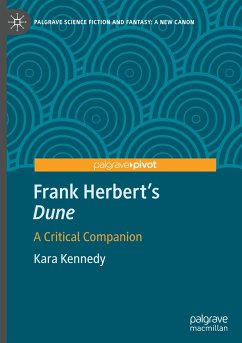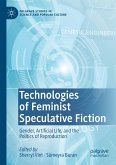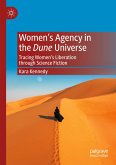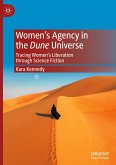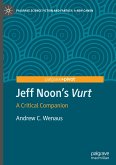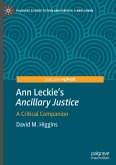This book offers a critical study of Frank Herbert's Dune (1965), the world's bestselling science fiction novel. Kara Kennedy discusses the novel's exploration of politics and religion, its influential ecological messages, the focus on the human mind and consciousness, the complex nature of the archetypal hero, and the depiction of women's influence and control. In Dune, Herbert demonstrated that sophistication, complexity, and a multi-layered world with three-dimensional characters could sit comfortably within the science fiction genre. Underneath its deceptively simple storyline sits a wealth of historical and philosophical contexts and influences that make it a rich masterpiece open to multiple interpretations. Kennedy's study shows the continuing relevance of the novel in the 21st century due to its classic themes and its concerns about the future of humanity, as well as the ongoing nature of issues such as ecological disruption and conflicts over resources and religion.
"Kennedy's Critical Companion will fill an important role in bringing new readers and scholars into the conversation. While the choice to focus only on the 1965 novel is an asset, I hope we will eventually see a critical companion volume like this for the franchise, potentially including the screen adaptations." (Leigha High McReynolds, SFRA Review, Vol. 54 (2), 2024)

